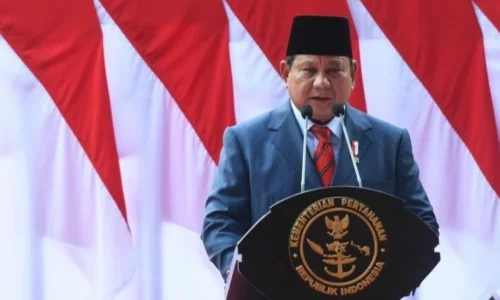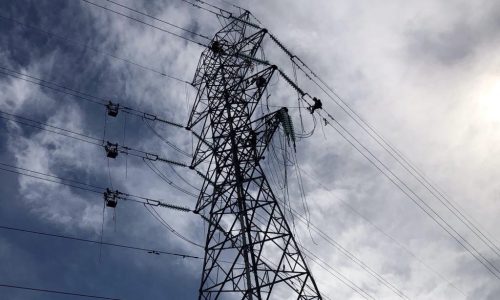Indonesia has set its sights on becoming a key global supplier of green hydrogen as part of its commitment to achieving Net-Zero Emissions (NZE). Collaborating institutions, including the National Research and Innovation Agency (BRIN), state-owned electricity company PT PLN (Perusahaan Listrik Negara), and private sector entities, are collectively driving the development of hydrogen technologies in Indonesia.
As part of such initiative, BRIN has designated Semau Island in East Nusa Tenggara as a pilot project for the introduction of fuel cells as a new renewable energy source that can convert hydrogen into electricity.
Prof. Eniya Listiani Dewi, Chief Researcher at BRIN, explains that the agency will harness intermittent energy or surplus energy from photovoltaic sources during daylight hours that would otherwise go unused. This energy will be utilized to convert hydrogen into electricity.
It is predicted that hydrogen will find extensive use, particularly in the transportation sector, leading to reduced diesel consumption and emissions.
Several sectors offer vast potential for maximizing hydrogen usage, including power generation and grid balancing, transportation, industrial fuels, the chemical industry, residential applications, and building operations. Grid balancing ensures a balanced electricity production to meet demand.
BRIN’s research focuses on mastering key technologies, such as fuel cell and electrolysis development. It encompasses hydrogen storage technology, green hydrogen production, and hydrogen utilization in the transportation sector.
Hydrogen utilization will increase in the long run
According to the International Energy Agency (IEA), hydrogen fuel usage represented less than 0.1% of the world’s total energy in 2020. However, the proportion is projected to increase significantly in the coming decades.
“By 2030, the share of hydrogen fuel in the total final energy consumption will reach 2%, and it is expected to reach 10% by 2050,” according to the IEA.
Hydrogen fuel is known for its minimal emissions and serves as a versatile energy source for various applications, including electronic devices, electric vehicles, and large-scale electricity generation.
Based on IEA data, the largest global investment commitments for hydrogen energy development in 2021 came from Germany, totaling $10.3 billion. In the Asian region, Japan led with the most substantial investment commitment of $6.5 billion.
Indonesia’s dedication to harnessing green hydrogen technology positions it as a rising contender in the global pursuit of sustainable energy solutions and progress toward NZE.









